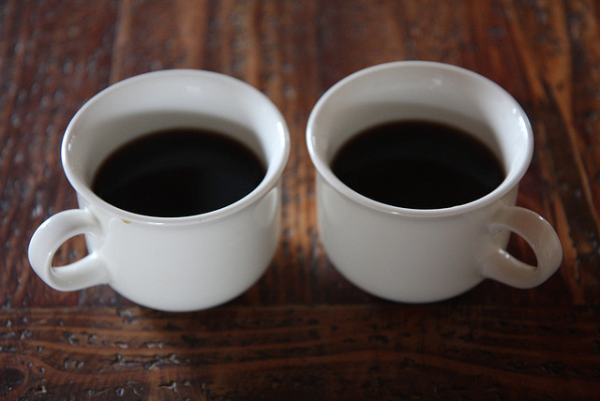Is Caffeine Good or Bad for Studying?

 Students are always looking for the next best way to stay awake and help them study. Whether it’s the newest energy drink or caffeine-filled gummy bears (yes, these are real), they want to try whatever will keep them falling asleep on their study papers.
Students are always looking for the next best way to stay awake and help them study. Whether it’s the newest energy drink or caffeine-filled gummy bears (yes, these are real), they want to try whatever will keep them falling asleep on their study papers.
Unfortunately, it seems like many health experts keep warning against the dangers of caffeine and its effects on the body. For example, too much caffeine can keep you awake all hours of the night instead of letting you sleep properly.
So as a student, is caffeine good or bad for your study sessions? Let’s take a look at some of the information about this substance to see how it affects your studying.
Caffeine Works Differently on Different People
Despite their disagreement on its long-term effects, many health experts acknowledge that people react differently to caffeine.
For some, it helps keep them aware and focus on a task at hand. For others, it gives them long bursts of energy that interrupt their regular habits like sleeping, and can even give them heart palpitations or jitters.
You can figure out how you’re affected by caffeine to figure out if you should use it for studying. Try consuming caffeine and keep track of your reactions. If you find that you focus better on your studying after a certain amount of caffeine’s in your system, you may be the kind of student that it helps instead of hinders.
Caffeine’s Effects Change Depending on the Quantity
Like the previous section mentioned, caffeine can be good for certain students, but larger amounts can be a problem.
Most experts say drinking 3-4 cups of coffee (which is full of caffeine) is healthy and doesn’t pose any health threats. But if you rely on more than this amount, you’re going to find yourself running into such problems like not being able to sleep or feeling nervous and antsy. Getting these side effects will impact your studying negatively as you’ll be distracted with the way your body’s acting instead of focusing on your academics.
Also, you may want to consider only drinking half of an energy drink because many cans have more than one serving in them. If you’re not paying attention to how many energy drinks you down during a study session, you’re more likely to have problems recovering later on.
The takeaway is that caffeine can be good for studying, but it depends both on you as the person and the amount of caffeine you put into your body. Your best bet is to find out whether or not you need caffeine in the first place to help you study, and then make sure you don’t consume more than necessary. Moderation is key!

